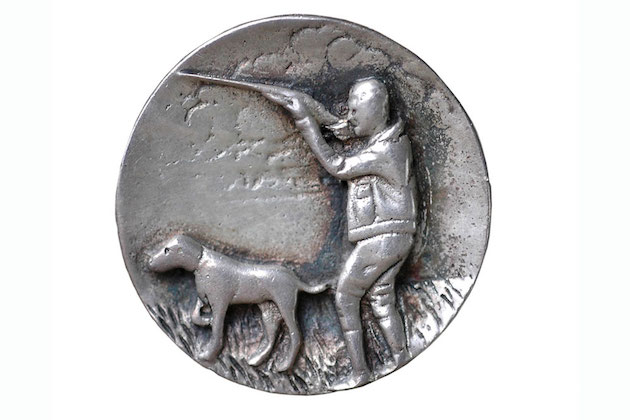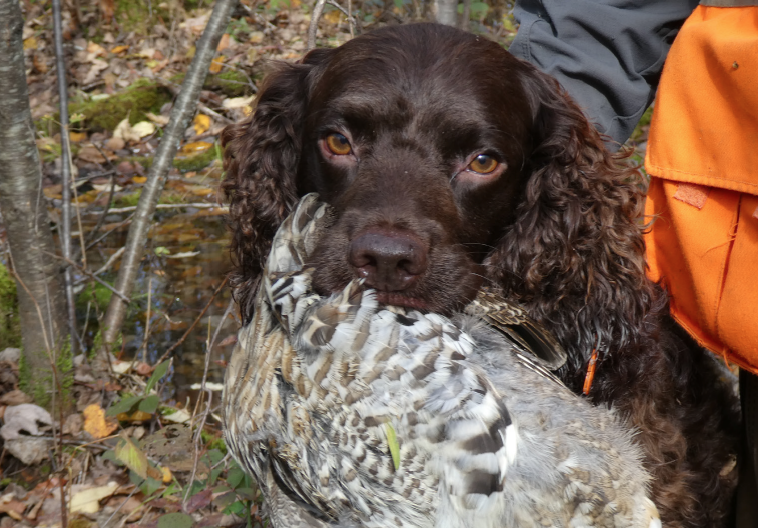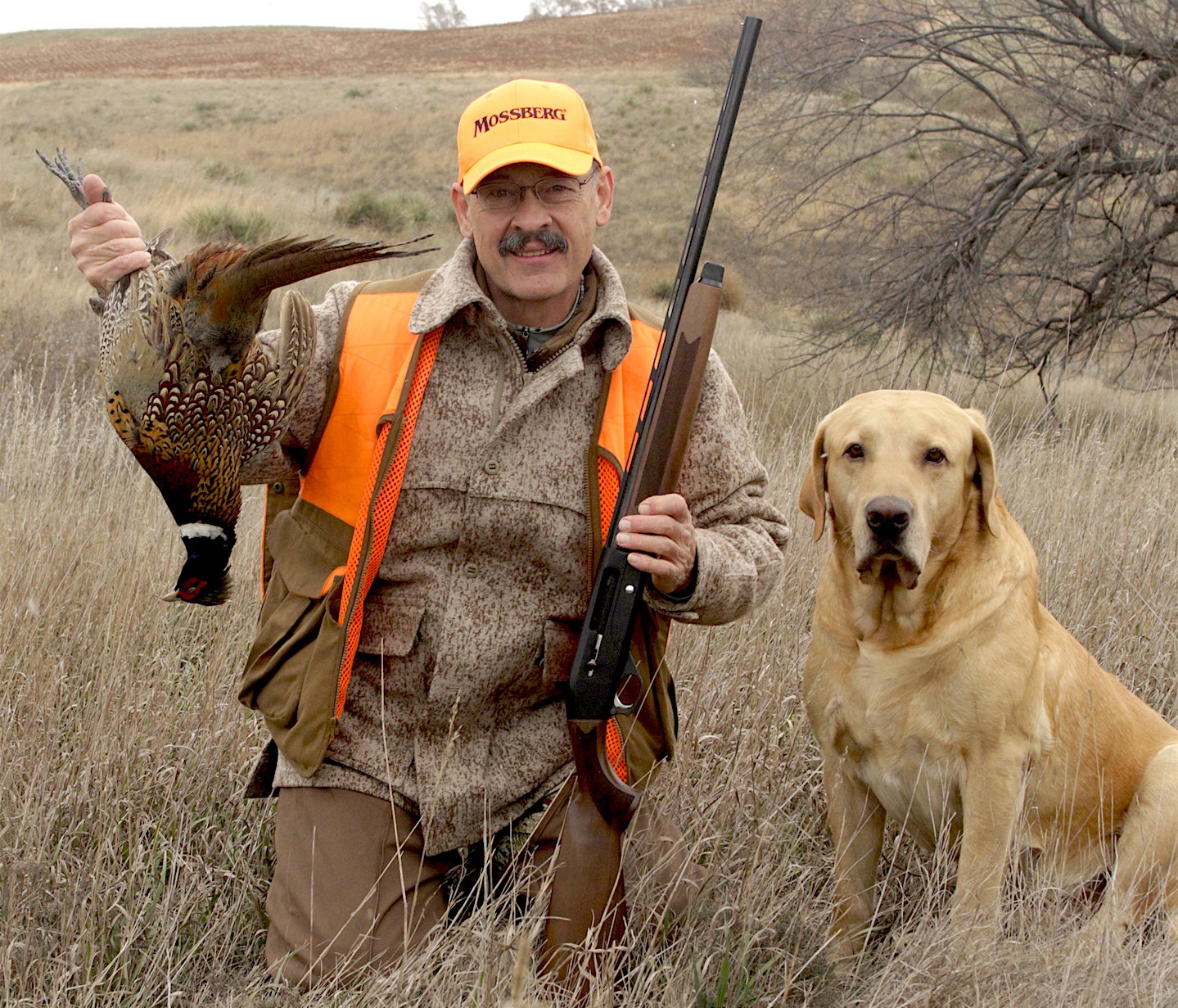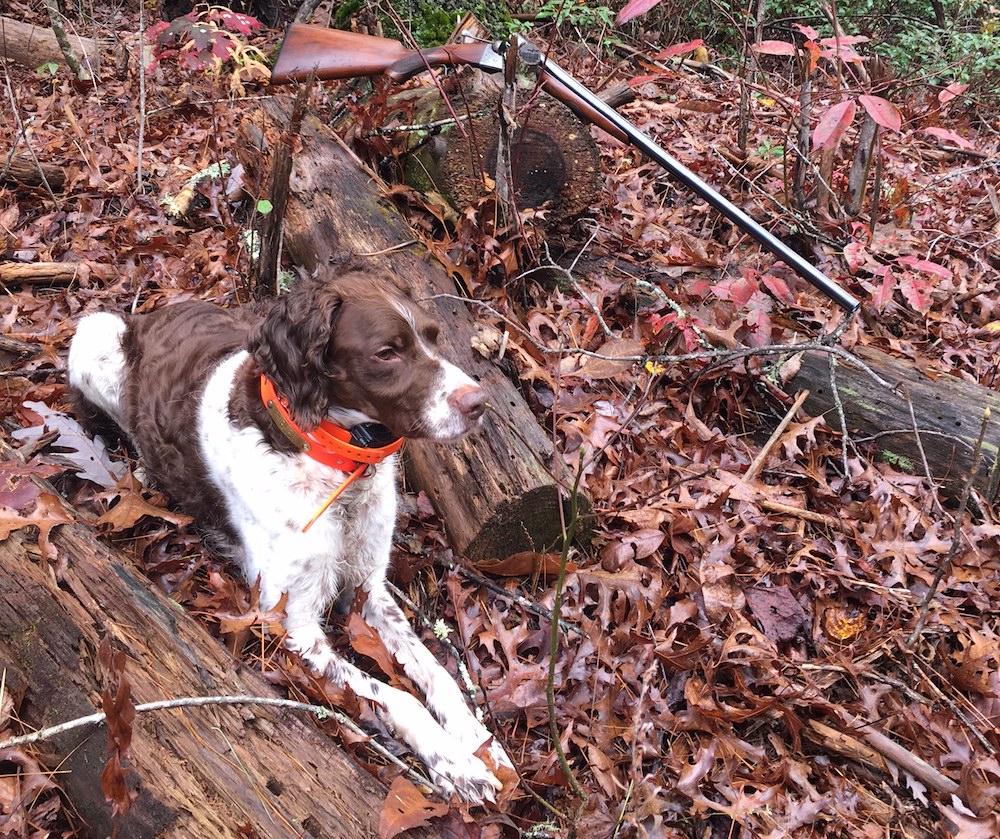Willie Nelson’s classic country song “My Heroes Have Always Been Cowboys” speaks for most young boys of my generation, and I was certainly no exception. Throughout my formative years I usually had a certain individual I looked up to with awe and admiration.
My first hero was Kenneth Dews. He would ride me to school piggyback on his shoulders when he was in high school and I was a first grader. When rumors of war came along, Kenneth was one of the first in our community to volunteer. He was stationed at Pearl Harbor when the Japanese hit, and when the news came I cried much of the night because I feared for my friend and hero.
He survived. Kenneth made a wonderful name for himself after the war, and we remained friends until his death.
As I grew older my interests changed. Pete Howell, our local blacksmith and a muscular individual who fit the description of the “village smithy,” always had time for me and other youngsters in the community. Like most of the adults of my boyhood days, he was also a veteran of World War II. He died of a heart attack when barely 40 years of age—I couldn’t believe anyone so strong and outgoing could die. A man like Pete simply wasn’t supposed to, and it took a while for his passing to sink in.
As I matured, my heroes increasingly were individuals whose talents and interests coincided with the things which appealed to me during that particular time in my life. In most cases it was sports, hunting, and fishing.
No one individual was quite as unforgettable as my old friend Charles Allen. Allen, as he was called by everyone, was our local cobbler. He owned a tiny shoe shop and was a familiar figure as he walked around our little community in his leather apron and the railroad cap he always wore. He invariably had a glad word for everyone and was well liked by all.
A big, strapping man with clear blue eyes and the most perfect set of teeth you will ever see, Allen lacked even a high school education. He had learned his shoe-repair trade while in the Navy during World War II. His little shop became a haven for some of the high school boys in the community. We would drop by and listen entranced as he described in great detail some of his adventures as a gunner aboard battleships in the South Pacific during the war.
The thing that truly brought Allen and I together was our mutual love of quail hunting.
On clear fall days after school, I would drop by his shop and say, “Let’s try them a while this afternoon.” Allen would look at his work load, and if it wasn’t too pressing he would step next door to the little one-room grocery story owned by Miss Mae Slaton and tell her, “I’m gonna be gone for a while with Dan. If anyone brings in some shoes, just hold them for me and I’ll pick them up in the morning.”
With that we would drop by his house to get his little setter, and with my Daddy’s dog, Jack, off we would go.
We had no truck or jeep with dog boxes and such; only Allen’s little one-seat coupe. We would raise the trunk of the car and the dogs would jump in. That served as a sufficient kennel for our short drive to our hunting destination.
It was on a hunt like this that my admiration for Allen reached its peak. We were hunting an area not far out of town and had a couple of coveys scattered in a lovely piney wood area—the kind of setting that you dream of if you are a bird hunter. We had done a good bit of shooting and were still flushing birds when I saw an automobile stop on the dirt road adjacent to the area we were hunting. The horn began to blow, and it was obvious the driver was beckoning us to the car. We stopped hunting and approached the vehicle. A rather elderly woman was in the driver’s seat, and she seemed quite upset.
As a 15-year-old, I had never been confronted by anyone about poaching. In those days hunting was pretty much free rein. We hunted and fished wherever we pleased, and no one seemed to mind. Obviously, though, this lady didn‘t feel that way. She let us know that this was her land, and she didn’t like us hunting on it one bit.
She told Allen in no uncertain terms that she didn’t know who he was, that this was her land, and that he did not have permission to hunt. Allen stood his ground and explained he had not lived in the area very long and that he ran a little shoe shop in town.
The lady was still adamant, saying she did not recall having seen him before and that he was trespassing. Allen replied quietly, saying that it was certainly possible she had not seen him because, “You see, ma’am, I’ve been on a battleship in the Pacific Ocean for the past few years fighting Japs so folks like you could still have this land that you own. While I was out there, I used to lie in my bunk way down in the belly of that ship and dream about getting back home and hunting quail and enjoying the freedom that we were fighting for. But that’s all right, ma’am, this boy and I will leave your property and go somewhere else to hunt quail. I’m sure there are plenty of folks who have land that will appreciate what I’ve been doing for the past four years and won’t make us leave.”
The little lady was completely taken aback. She sat in stunned silence for a minute, and then sort of stammered back, “I guess it will be all right to hunt here today, but don’t kill all my birds. And if you decide to come back again sometime, I would appreciate it if you would just let me know.”
Allen gave me a little wink and said, “Let’s go find some more quail.”
A few years later Allen and his family moved to another community in North Georgia. I went away to college and served in the U.S. Army before returning home to begin my business career. Our paths obviously went different ways, and Allen seemed only a vivid memory of my boyhood days.
Then, a few years ago, the phone in my office rang and the caller said, “Dan, I’ve got a fellow here who wants to see you. He says that he taught you how to quail hunt.”
I knew immediately that it was Allen. Although grayed and somewhat stooped, he still had that twinkle in his eye and those perfect teeth. We spent an hour or two reliving those wonderful times we had together.
As I finally got up to leave, Allen shook my hand with a firm grip and said, “You know, Dan, me and you didn’t let many of them get away, did we?”
That was my last contact with Charles Allen. He had retired, and about a year later I heard that he had died of a sudden heart attack while sitting on his front porch. I did not know of his death until several weeks after he was gone. He was a simple man, but one I looked up to and held in high esteem—a true boyhood hero.
Written by Dan Hammack, edited by Jim Casada. Photo via hyslop/iStock.




